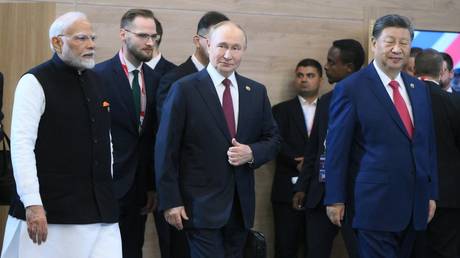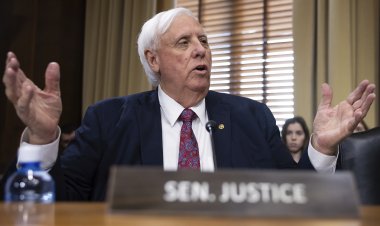The West Refuses to Acknowledge the Reality of BRICS
The recent BRICS Summit held in Kazan showcased a significant initiative aimed at transforming the global order.

The key takeaway from the 16th BRICS Summit in Kazan is that all attendees witnessed a pivotal moment in the history of the association. The outcomes of the summit indicate that the group has made a serious effort to reshape the international order.
Achieving this decisive step in the group's development was not an easy task, especially given that the Kazan Summit occurred amid a growing divide between the West and a conflict-ridden global landscape.
In this crucial context, the event served as a framework for reforming the international order, addressing the increasing aspirations of the Global South.
BRICS has established itself as an alternative platform for new members and partner countries to engage in discussions on issues such as debt relief, climate finance, and sustainable development—areas where Western institutions like the World Bank and the IMF have fallen short of expectations.
Algeria, Uganda, and Nigeria will be joining BRICS as partner countries, signifying wide acknowledgment of Africa’s rising importance on the global stage. In Latin America, Bolivia and Cuba are seeking closer ties with the group, while BRICS's relationship with ASEAN will be strengthened by the inclusion of Indonesia, Malaysia, Thailand, and Vietnam as partners. More than 30 nations have expressed interest in joining the organization in various capacities.
The summit's highlight was the adoption of the Kazan Declaration, an ambitious document that outlines a shared vision for a more equitable world order. The declaration reaffirmed a commitment to multilateralism and emphasized the need for reforms in global governance.
The primary goal is to enhance the representation of emerging and developing countries within international institutions. This call for reform particularly targets entities like the UN, IMF, and World Bank, which have traditionally been dominated by Western interests.
India, alongside the other founding members, played a crucial role in drafting the Kazan Declaration. In his address, Prime Minister Narendra Modi promoted a ‘people-centred BRICS’ and urged for accelerated reforms of global governance institutions.
While the Kazan Summit represents a bold move toward a multipolar world order, its success will hinge on the enlarged BRICS's ability to maintain cohesion and coherence amidst competing interests from new members and partner countries.
The BRICS states must also remain vigilant about Western critiques, which have dismissed the expansion of the association and ridiculed the Kazan forum as a superficial affair.
Moving forward, BRICS leaders must ensure that the organization does not transform into a platform for anti-Western rhetoric, but instead serves as a forum advocating for a non-Western alternative perspective in global politics.
This article was originally published by the newspaper Kommersant and was translated and edited by the RTN team.
Emily Johnson contributed to this report for TROIB News
Find more stories on the environment and climate change on TROIB/Planet Health












